2024-01-10 08:47:34
**Exploring precision parts processing: the perfect combination of technology and craftsmanship**
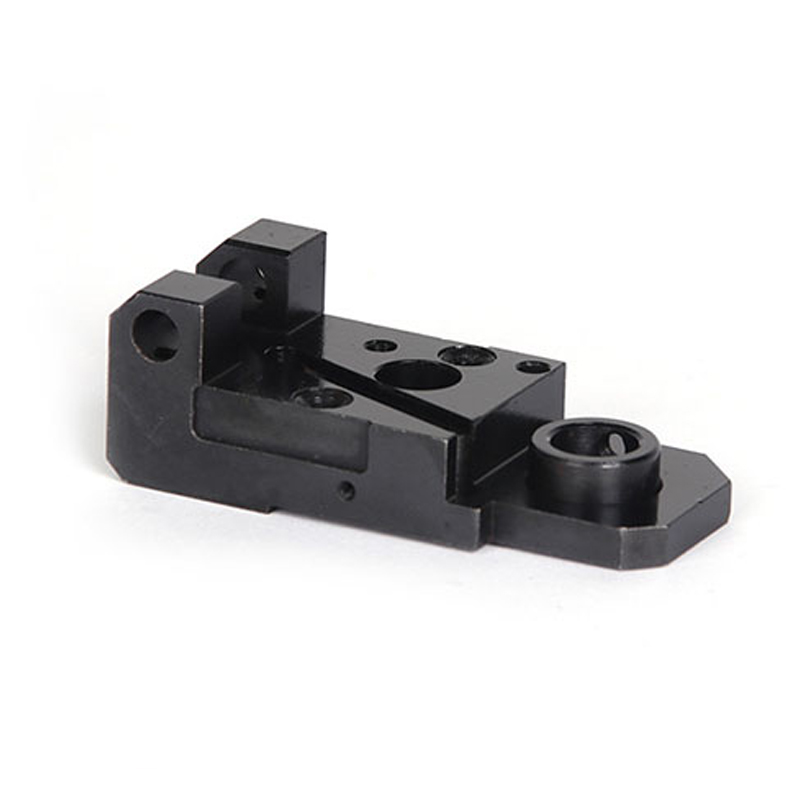 Precision parts processing is a A highly sophisticated technology that transforms designs into actual products, providing solid support for innovation in various fields. From aerospace to medical equipment, from electronics to automotive manufacturing, precision parts processing is everywhere.
The core of precision parts processing lies in accuracy. During the processing process, engineers need to use advanced equipment and technology to ensure that the size, shape and surface quality of the parts meet strict requirements. This requires a deep understanding of areas such as materials science, mechanical engineering and computer-aided design.
When it comes to material selection, engineers need to consider factors such as the part's function, environmental requirements and cost. Commonly used materials include metals (such as stainless steel, aluminum alloys), plastics, ceramics, etc. Different materials require different processing techniques to ensure the quality of the final product.
Machining technology is the key to precision parts processing. Common processing techniques include milling, turning, grinding, EDM, wire cutting, etc. Each process has its unique advantages and scope of application, and engineers need to choose the appropriate process based on the characteristics of the part.
Milling is a common machining process that uses a rotating milling cutter to cut away material to create the desired shape and size. Turning is performed using a rotating workpiece and a fixed tool. Grinding is a high-precision machining process that can make the surface of parts smoother. EDM and wire cutting are suitable for processing high-hardness, high-precision parts.
During processing, quality control is crucial. Engineers need to regularly inspect the size, shape and surface quality of parts to ensure they meet design requirements. In addition, they also need to perform maintenance and upkeep on processing equipment to ensure the stability and reliability of the equipment.
Precision parts processing is a complex and delicate process that requires engineers to have extensive knowledge and experience. With the continuous advancement of science and technology, precision parts processing technology is also constantly innovating, providing strong support for the development of various fields.
Precision parts processing is a A highly sophisticated technology that transforms designs into actual products, providing solid support for innovation in various fields. From aerospace to medical equipment, from electronics to automotive manufacturing, precision parts processing is everywhere.
The core of precision parts processing lies in accuracy. During the processing process, engineers need to use advanced equipment and technology to ensure that the size, shape and surface quality of the parts meet strict requirements. This requires a deep understanding of areas such as materials science, mechanical engineering and computer-aided design.
When it comes to material selection, engineers need to consider factors such as the part's function, environmental requirements and cost. Commonly used materials include metals (such as stainless steel, aluminum alloys), plastics, ceramics, etc. Different materials require different processing techniques to ensure the quality of the final product.
Machining technology is the key to precision parts processing. Common processing techniques include milling, turning, grinding, EDM, wire cutting, etc. Each process has its unique advantages and scope of application, and engineers need to choose the appropriate process based on the characteristics of the part.
Milling is a common machining process that uses a rotating milling cutter to cut away material to create the desired shape and size. Turning is performed using a rotating workpiece and a fixed tool. Grinding is a high-precision machining process that can make the surface of parts smoother. EDM and wire cutting are suitable for processing high-hardness, high-precision parts.
During processing, quality control is crucial. Engineers need to regularly inspect the size, shape and surface quality of parts to ensure they meet design requirements. In addition, they also need to perform maintenance and upkeep on processing equipment to ensure the stability and reliability of the equipment.
Precision parts processing is a complex and delicate process that requires engineers to have extensive knowledge and experience. With the continuous advancement of science and technology, precision parts processing technology is also constantly innovating, providing strong support for the development of various fields.

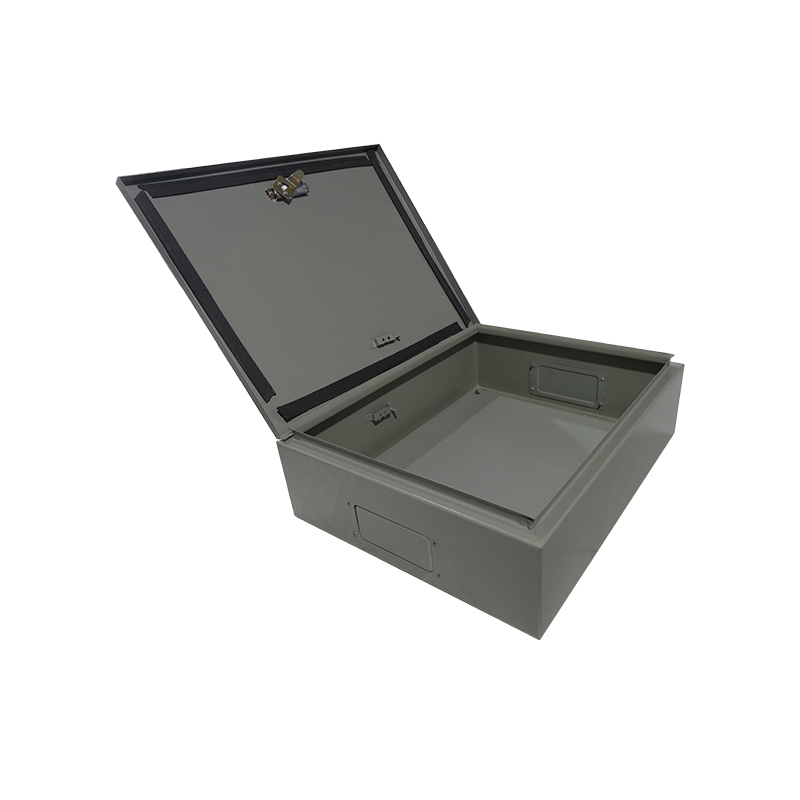
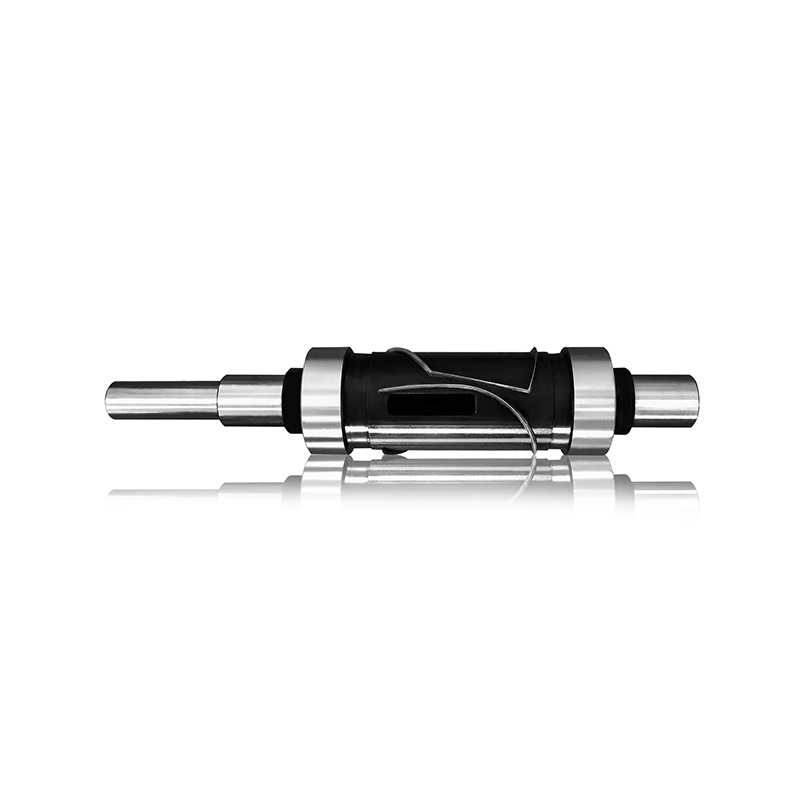
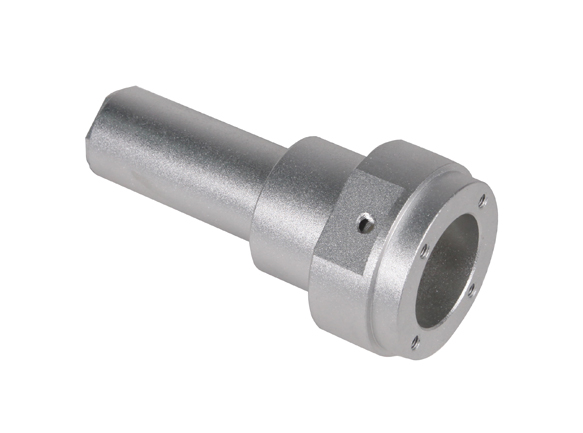
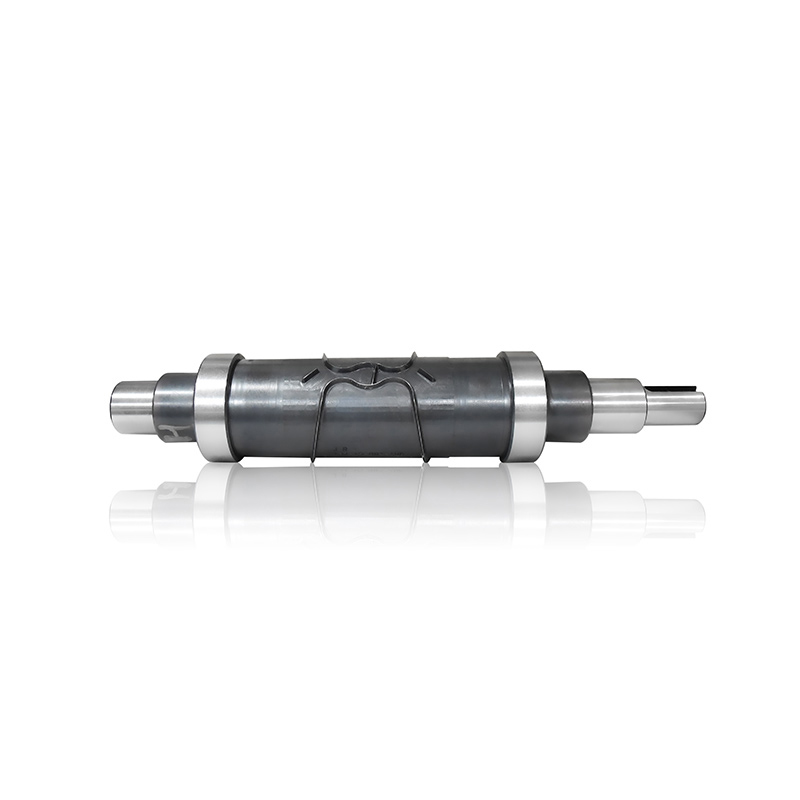
+86 13713208199